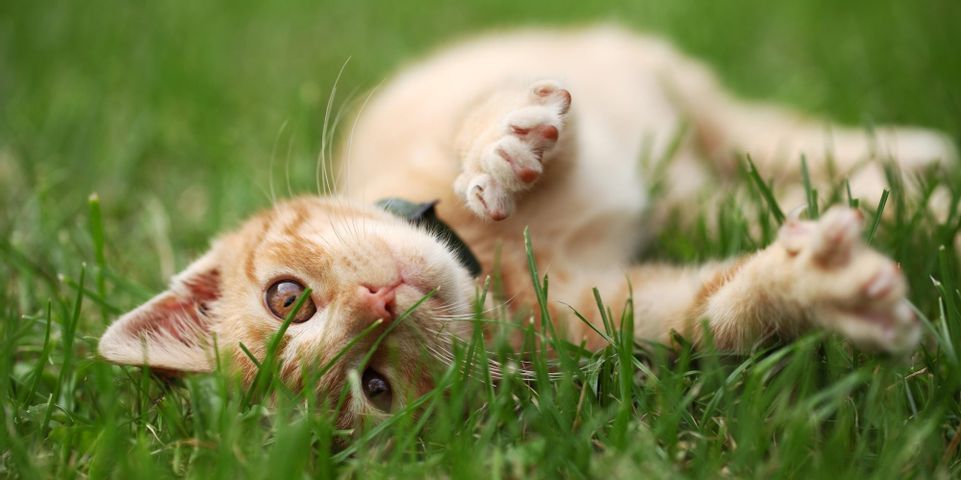
If you're a cat owner, you likely work hard to provide a good life for your pet. Like many, you might have considered or even allowed your feline friends to go outside. While they enjoy the freedom and fresh air, there are a variety of cat illnesses that come with outdoor living. Use the guide below to learn more.
What Are Some Health Concerns With Outdoor Cats?
1. Feline Leukemia (FeLV)
Feline Leukemia is one of the most common cat illnesses, affecting nearly three percent of all cats in the United States. Contracted through nasal secretions, saliva, and urine, FeLV is common in outdoor cats who come into contact with unvaccinated strays.
Because FeLV can be spread through the saliva, it can be contracted through bite wounds from fighting, as well as from mutual grooming or sharing food. Symptoms of FeLV include poor appetite, weight loss, fever, infection, and diarrhea, among others.
2. Parasites
 Parasites come in many shapes and sizes, including fleas, ticks, ear mites, intestinal worms, and ringworm, all of which can be transmitted to humans.
Parasites come in many shapes and sizes, including fleas, ticks, ear mites, intestinal worms, and ringworm, all of which can be transmitted to humans.
Studies show that outdoor cats have nearly three times the risk of contracting parasites than indoor cats.
While parasites are not always deadly, they can result in unpleasant side effects such as rash, hair loss, and gastrointestinal distress. Cats are also prone to Toxoplasma Gondii, a parasitic organism found in feces that can be harmful to pregnant women and those with weakened immune systems.
3. Upper Respiratory Infections (URI)
Respiratory infections are common among cats in high-density populations such as animal shelters, as well as in cats that regularly venture outdoors.
While domestic cats are typically vaccinated against it, the vaccine is not 100 percent effective, and regular exposure to unvaccinated cats may leave your pet at risk of contracting the disease.
Similar to the common cold in humans, URI is typically marked by clear or colored discharge from the eyes or nose, coughing, sneezing, lethargy, poor appetite, and possibly ulcers in the mouth. Once infected, cats may become carriers for life, infecting others with the virus. They are also susceptible to secondary bacterial infections like Chlamydia and Bordetella.
Protect your outdoor pet from potentially dangerous cat illnesses by visiting All Feline Hospital in Lincoln, NE. This full-service feline animal hospital provides a variety of services, including annual vaccinations, spaying and neutering, as well as diagnosing common illnesses. Contact them today at (402) 467-2711 to schedule an appointment, or visit them online to learn more about their services.
About the Business
(7 reviews)
Have a question? Ask the experts!
Send your question

